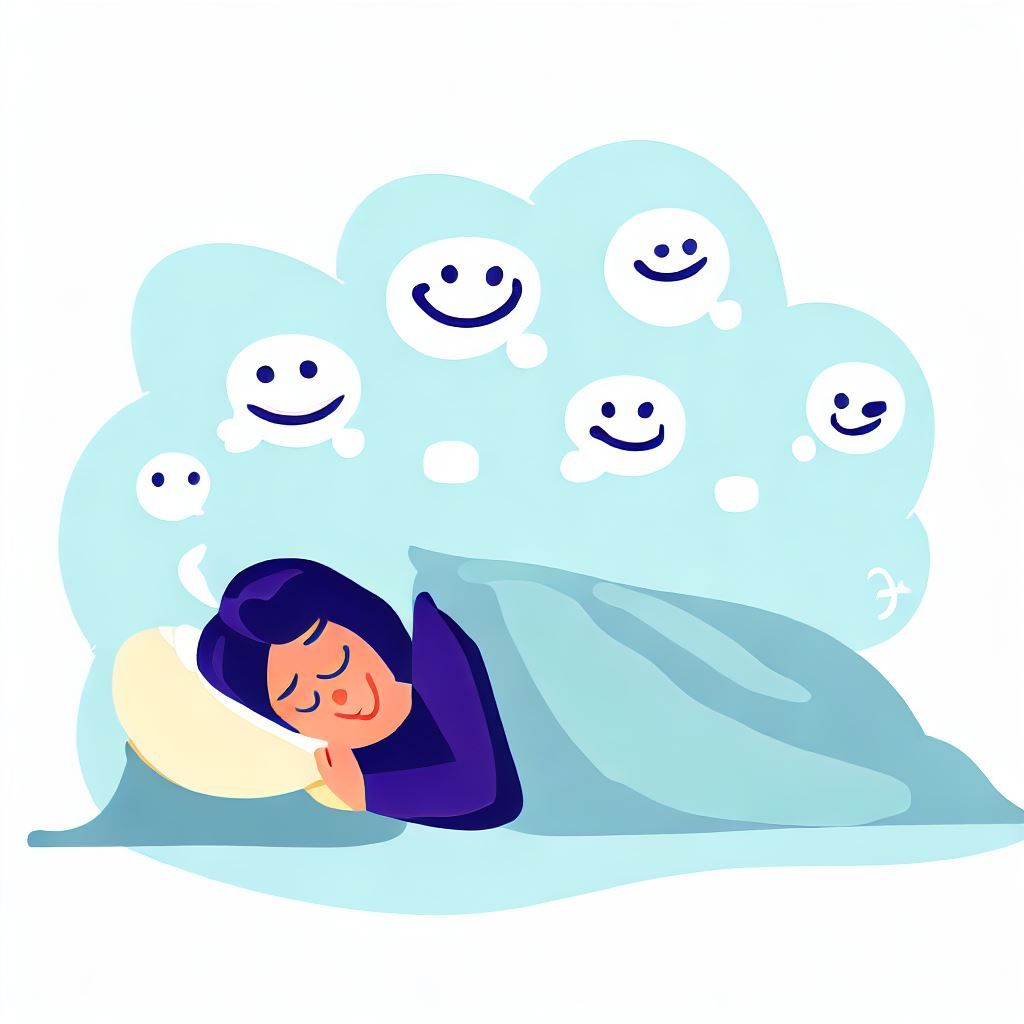Allostatic load, active recovering, and sustainable productivity

Hey Ninjas,
We have spent a lot of time thinking about burnout, the constant pressure to be productive, and how to balance your life. Juggling family, work, a YouTube channel, and other businesses requires a great deal of energy and effort. It's easy to feel overwhelmed and experience a constant decrease in energy levels.
However, amidst our focus on productivity, we often forget the importance of recovery. And by recovery, we don't just mean relaxation. These are actually two different things.
Relaxation is a more passive state, where you might lay down on a couch and watch TV. You essentially tell your body to "shut down" and be less prepared for the next productivity session. On the other hand, active recovery involves engaging your body in a recovery state, so you feel more energized for the next session.
This difference is what sets high-performers apart from average performers. High-performers are able to produce more in each session due to active recovery.
So, what techniques are used for active recovery?
Breathwork - A light meditation session using the 4-7-8 method can help gain clarity and focus. Breathe in deeply for 4 seconds, hold for 7 seconds, and exhale slowly for 8 seconds. Repeat this cycle three more times for optimal results.
Meditation - This technique offers more benefits than the 4-7-8 method, but it can be more complex to master. It requires practice. We recommend starting with the 4-7-8 method, but try to learn and understand meditation as it is important for increasing productivity.
Exercise - The benefits of exercise after a workout session lay the foundation for a productive day. It also enhances the overall recovery mechanism of the body, enabling faster recovery. Both strength and cardio exercises are essential for high performers, and it's almost impossible to reach maximum productivity without exercising.
Cold therapy - We incorporate cold exposure, such as taking a cold shower, into our morning routine after workout sessions. Cold therapy stimulates the production of norepinephrine, which improves mood, alertness, and focus.
Sleep - Sleep is the single most important thing on this list. If you're not getting enough sleep, it should be your top priority. It's the most crucial stage of active recovery where muscles recover and information is processed and stored. If you want to learn more about sleep, check out our video about the science of sleep: https://youtu.be/x-nPa8gEzfo?si=vBs2LLkUw8_elj9J.
The key is to schedule the use of these active recovery techniques. Dedicate at least an entire day each week, a weekend each quarter, and a 10-day recovery period each year.
By doing this, you not only lay the foundation for performing well, but also develop a growth mindset that allows you to step outside of your comfort zone.
Next week, we will release a video about this topic, so stay tuned.
Until next time,
Life Hack Ninjas
🎬Our Videos This Week
In this video, we explain why excessive comfort can be detrimental to your long-term well-being. Embracing discomfort is essential for personal growth and is particularly important for high-performers. We are excited to share some science-based thoughts and concepts with you. Enjoy!
🤟Great Stuff We Found This Week
We have focused a lot on strength training in the past three weeks. One common theme we always see in academic journals and fellow YouTubers is the importance of testosterone production and levels. One of our favorite channels, Goal Guys, has created a great video where they try out Andrew Huberman's advice for increasing testosterone.. https://www.youtube.com/watch?v=R3SYyq2HMOc
We are currently producing a video about testosterone and its benefits for both men and women. The video is scheduled to be released in a few weeks.
🥸Quotes of the Week
This week we have 2 great quotes within the theme of recovery that basically covers the message of this newsletter:
"Take care of your body. It's the only place you have to live." - Jim Rohn
"Rest when you're weary. Refresh and renew yourself, your body, your mind, your spirit. Then get back to work." - Ralph Marston
❓ This Week Anki-Questions❓
1. What is the difference between relaxation and active recovery?
- Answer: Relaxation is a passive state, while active recovery engages the body into a recovery state.
2. What is the 4-7-8 method used for?
- Answer: The 4-7-8 method is used for gaining clarity and focus through breathwork. It involves taking a deep breath in for 4 seconds, holding it for 7 seconds, and exhaling slowly for 8 seconds. Repeat this cycle three more times for optimal results.
3. Why is exercise important for high performers?
- Answer: Exercise enhances the overall recovery mechanism of the body and lays the foundation for a productive day. (It increases blood flow, delivering nutrients and oxygen to muscles, tissues, and organs, promoting faster recovery. Exercise also stimulates the release of growth factors and hormones that aid in tissue repair and regeneration. Additionally, it enhances sleep quality, improves cognitive function, and reduces stress levels. In summary, exercise is crucial for sustaining productivity and achieving optimal performance.)
4. How does cold therapy benefit the body?
- Answer: Cold exposure, like taking a cold shower, stimulates the production of norepinephrine, improving mood, alertness, and focus.
5. Why is sleep considered the most important active recovery stage?
- Answer: Sleep is where muscles recover, and information is processed and stored, making it crucial for overall recovery and productivity.
